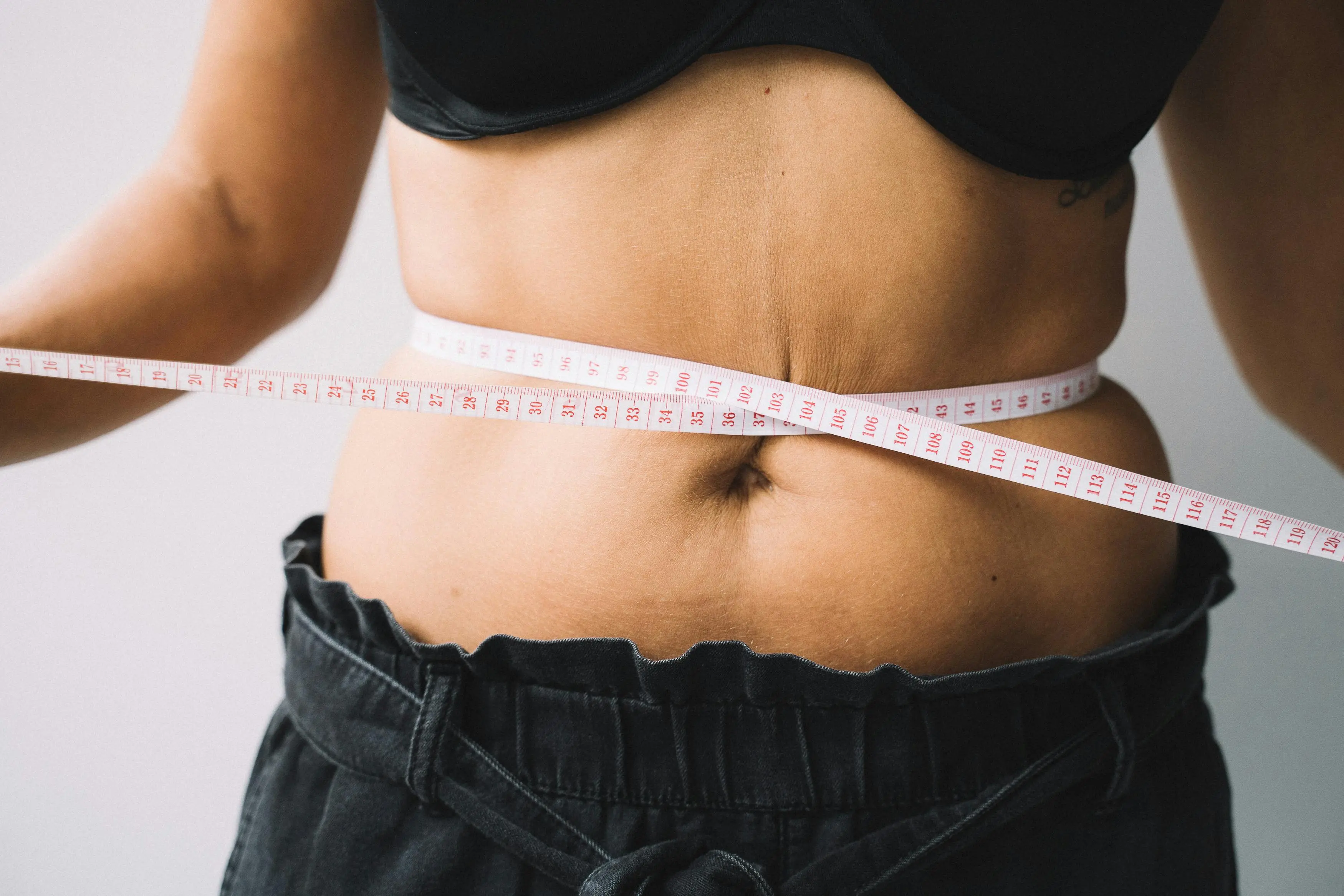Discover a scientifically-backed, healthy diet plan for effective weight loss with meal ideas, tips, and strategies to achieve sustainable results.
Weight loss is not about crash diets or quick fixes but achieving a sustainable lifestyle with balanced nutrition and mindful habits. According to the
World Health Organization (WHO), obesity has tripled globally since 1975, with over
39% of adults overweight. This comprehensive guide will walk you through proven diet strategies, meal ideas, and tips to achieve healthy, long-term weight loss.
Understanding the Basics of Weight Loss
Effective weight loss is based on creating a calorie deficit—burning more calories than you consume. However, focusing solely on calories isn't enough; the quality of the food matters. Research from the American Journal of Clinical Nutrition highlights that nutrient-dense foods are more effective in supporting weight loss and overall health than calorie restriction alone.
Why a Balanced Diet is Key to Weight Loss
A balanced diet supports weight loss while ensuring your body gets essential nutrients to function optimally. Components of a balanced diet include:
Fruits and Vegetables:
Rich in fiber, vitamins, and antioxidants, they help reduce calorie intake while keeping you full.
Lean Proteins:
Proteins like chicken, fish, legumes, and tofu boost satiety and help preserve muscle mass during weight loss.
Whole Grains:
Whole grains like oats, brown rice, and quinoa provide sustained energy and are high in fiber, promoting digestive health.
Healthy Fats:
Sources like avocados, nuts, and olive oil improve nutrient absorption and support hormone regulation.
Key Components of a Healthy Diet Plan for Weight Loss
To optimize your weight loss journey, focus on these proven components:
Portion Control:
Use smaller plates and bowls, measure servings, and listen to your hunger cues to avoid overeating. Studies show portion control reduces calorie intake by 20-30%.
Macronutrient Balance:
Ensure a balanced mix of carbohydrates, proteins, and healthy fats. For instance:
Carbs: Whole grains, fruits, and vegetables.
Proteins: Lean meats, fish, lentils, and eggs.
Fats: Nuts, seeds, avocado, and olive oil.
Mindful Eating:
Practice mindful eating by chewing slowly, savoring each bite, and avoiding distractions like TV or phones during meals.
Sample Meal Plan for Weight Loss
Here’s a simple yet effective meal plan designed to meet your weight loss goals:
Breakfast:
Oatmeal with chia seeds, a handful of berries, and a teaspoon of almond butter.
Lunch:
Grilled chicken breast with a quinoa salad loaded with spinach, tomatoes, cucumbers, and a drizzle of olive oil.
Dinner:
Baked salmon with steamed broccoli and sweet potatoes seasoned with herbs.
Snacks:
Options include an apple with peanut butter, Greek yogurt with a sprinkle of seeds, or carrot sticks with hummus.
The Role of Hydration in Weight Loss
Drinking water is essential for
weight loss. A study in
Obesity Journal found that drinking
500ml of water before meals can reduce calorie intake by
13%. Stay hydrated by consuming 8-10 glasses of water daily and limiting sugary drinks or sodas.
The Importance of Physical Activity
A healthy diet alone isn’t enough for effective weight loss. Regular physical activity enhances calorie burn and overall well-being. Key activities include:
Cardio Exercises:
Walking, cycling, or running helps burn calories and improve heart health.
Strength Training:
Lifting weights or bodyweight exercises (like squats or planks) help build lean muscle, boosting metabolism.
Consistency:
Aim for at least 150 minutes of moderate activity weekly for sustainable weight loss.
Case Study: Real-Life Weight Loss Success
Meet Sarah, a 34-year-old office worker who lost 20 pounds in 4 months by following a balanced diet plan and incorporating daily 30-minute walks. Her key strategies included portion control, swapping sugary snacks for fruits, and staying hydrated. By adopting small, sustainable changes, Sarah achieved her goals without extreme dieting or deprivation.
Conclusion
Losing weight effectively requires a balanced diet, mindful eating, proper hydration, and regular physical activity. By incorporating nutrient-dense foods, practicing portion control, and staying consistent with your plan, you can achieve sustainable weight loss. Remember, small steps lead to big results. Consult a nutritionist or healthcare professional to tailor a plan that best suits your needs and health goals.
Dedicated Elderly Support by HealthOK Global
HealthOK Global offers comprehensive elderly care services to ensure the dignity and safety of seniors. Our expert caregivers provide personalized support, from routine health checks to emotional well-being assistance. Contact our FREE 24 x 7 Healthcare Helpline at
+91-8047190955 for immediate support and assistance.
Follow Us on Social Media for Latest Updates!
Stay connected with us and never miss an update by following us on social media! Our social channels are the perfect place to get the latest news, expert tips, and exclusive insights tailored just for you. Whether you're looking for health advice, product updates, or inspiring stories, we’ve got it all. Join our growing community on platforms like
Whatsapp Facebook ,
LinkedIn and
Instagram and be part of the conversation. Click the follow button today and stay informed, inspired, and engaged—right at your fingertips!






